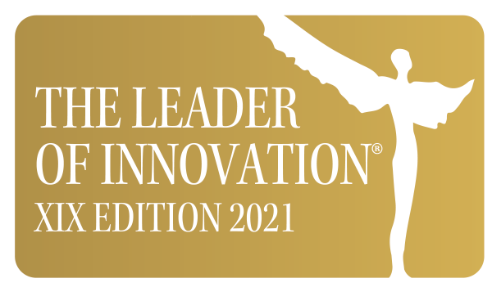Synthesis of new photoinitiators for cationic polymerisation processes and study of their effectiveness and efficiency in photo-polymerisation of coating materials by Fluorescence Probe Technology (FPT), Real-Time FT-IR (RT-FTIR) and Photo Differential Scanning Calorimetry (p-DSC).
Synthesis of new accelerators for polymerisation and photopolymerisation processes (e.g., ring-opening polymerisation and unique polymerisation processes; free-radical photo-polymerisation of multifunctional monomers, the photo-polymerisation of a mixture of multifunctional monomers or oligomers that polymerise by different mechanisms leads to the build-up of two interpenetrating polymer networks (IPN).
3D-VAT printing processes and materials for additive manufacturing (AM)/rapid prototyping/solid free-form fabrication processes (e.g., 3D printing processes for photocurable polymeric materials: technologies, materials, and machines. A fundamental understanding of the interplay between light and matter in photo-initiating systems guides 3D printing.
Synthesis of fluorescent compounds for the role of fluorescent probes for special applications – studying the properties of investigated media (e.g., cationic photopolymerisation and the application of Fluorescence Probe Technology for monitoring the progress of cationic photopolymerisation processes).
Cracow University of Technology
Faculty of Chemical Engineering and Technology
Laboratory of Photochemistry and Optical Spectroscopy
Warszawska 24
31-155 Cracow
Poland
Joanna Ortyl, Prof., Ph.D., DSc.
tel.: +48 (12) 628 31 36
e-mail: jortyl@pk.edu.pl

Awarded for scientific and research activities that resulted in numerous publications, patents, utility models, invention projects and practical applications and industrial implementations, especially in the field of photochemistry – including photopolymerization processes in polymer systems and photochemical processes taking place in organic molecules. The award is a direct result of the TEAM TECH project co-financed by the Foundation for Polish Science.
Projekt i wdrożenie: Magic Studio